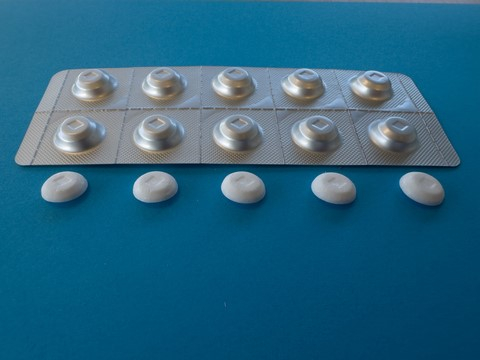NEW YORK— Mind Medicine (MindMed) Inc. has announced that the first patient has been dosed in its Phase 3 Emerge study, evaluating MM120, an orally disintegrating tablet (ODT) form of lysergide D-tartrate (LSD), for the treatment of major depressive disorder (MDD).
The Emerge trial is the first Phase 3 study to assess an LSD-based therapy in MDD. The randomized, double-blind, placebo-controlled study will enroll approximately 140 participants across the United States. Its primary endpoint is the change in Montgomery-Åsberg Depression Rating Scale (MADRS) scores at Week 6, comparing MM120 100 µg to placebo.
“We are excited for the therapeutic potential that MM120 ODT shows for the 21 million people in the U.S. affected by MDD,” said Dr. Daniel Karlin, Chief Medical Officer of MindMed. “Dosing the first participant in Emerge marks a major milestone in our development efforts.”
The trial follows promising results from MindMed’s Phase 2b study in generalized anxiety disorder (GAD), which demonstrated clinically significant improvements in depressive symptoms using the same 100 µg dose of MM120. Emerge is the third Phase 3 trial in the company’s broader MM120 program, with two ongoing studies—Voyage and Panorama—already evaluating the compound in GAD.
The Emerge study will be conducted in two parts. Part A will span 12 weeks and assess the efficacy and safety of a single dose of MM120 ODT versus placebo. In Part B, a 40-week extension, eligible participants may receive open-label MM120 based on symptom severity. A second pivotal MDD trial is also being planned, with its design to be shaped by data from Emerge and further regulatory guidance.
Dr. Paul Summergrad, Professor of Psychiatry and Medicine at Tufts University School of Medicine and a MindMed scientific advisor, said the trial could offer a much-needed alternative for patients with MDD who have not responded to existing treatments.
“Emerge offers the opportunity to evaluate a novel approach to a condition that causes significant suffering and disability,” he said.
Topline results from the 12-week double-blind portion of the Emerge study are expected in the second half of 2026.



